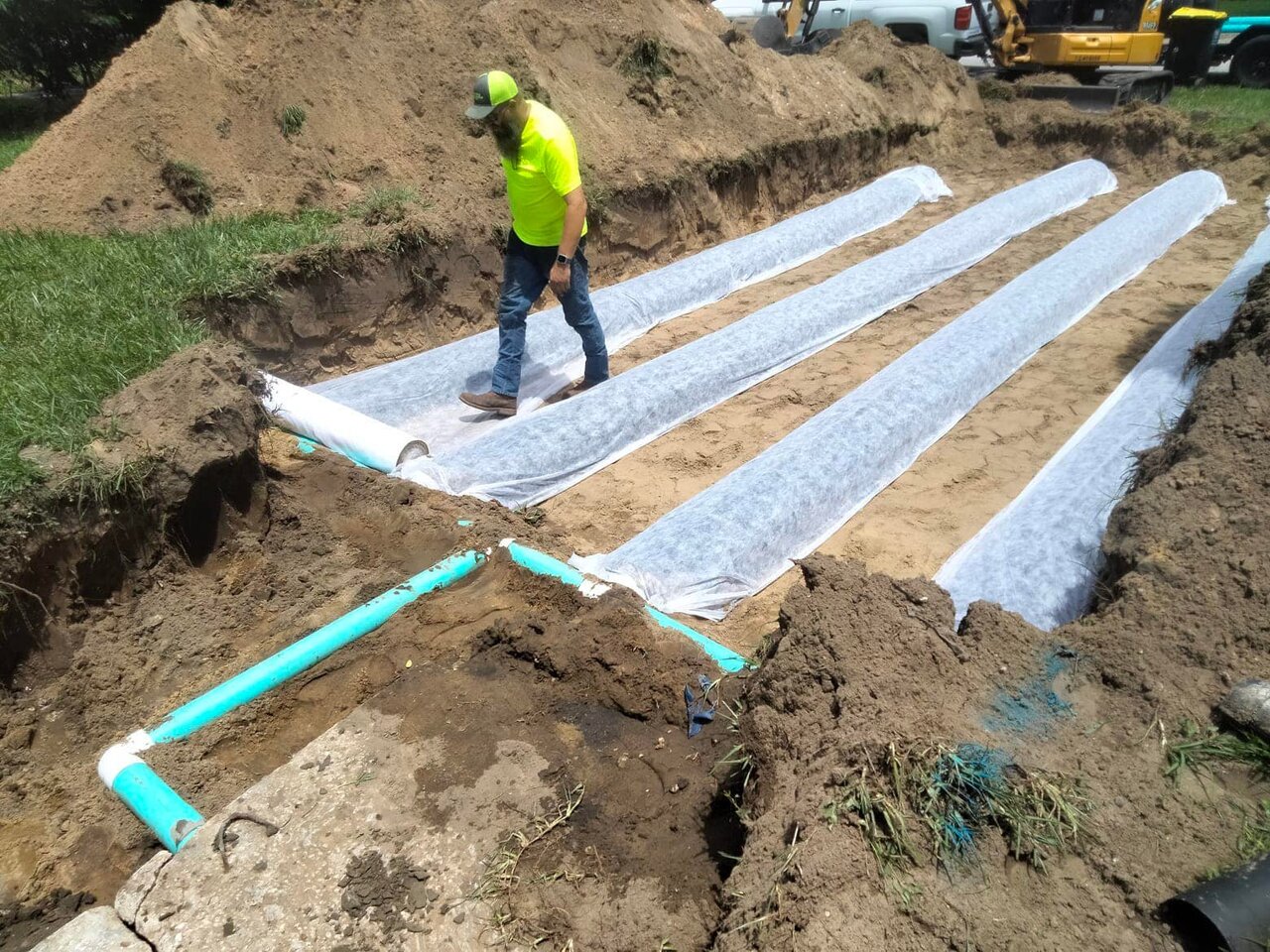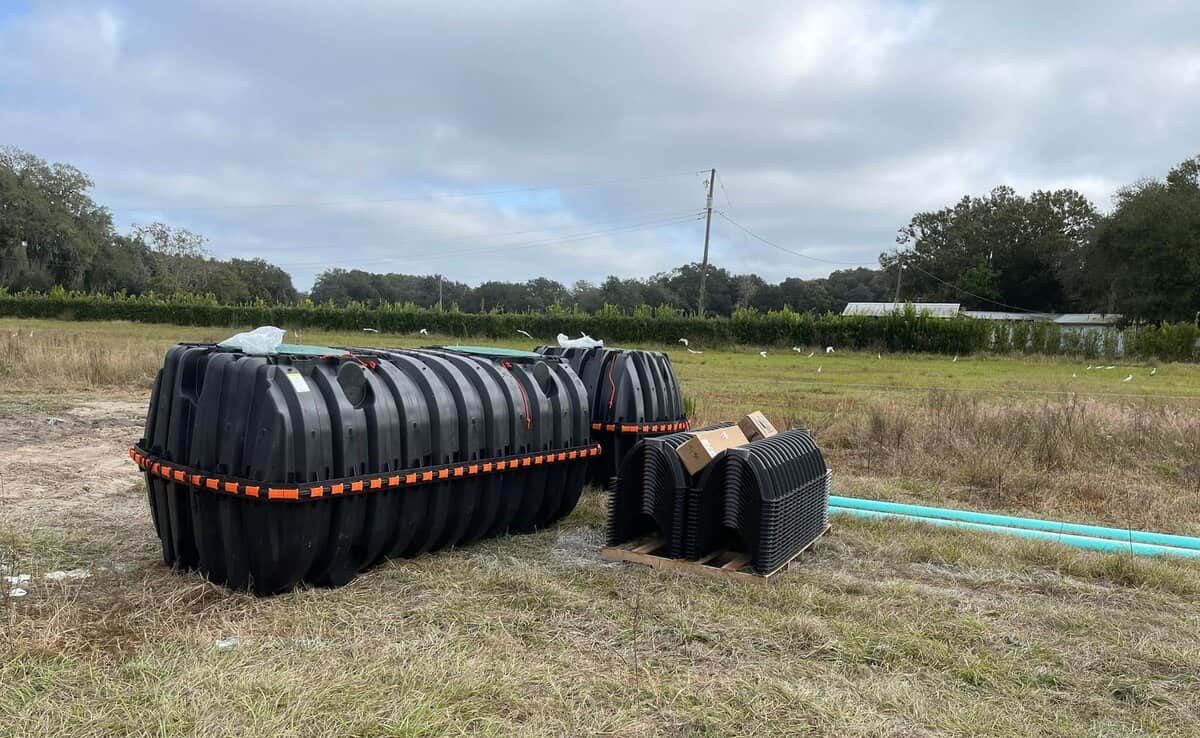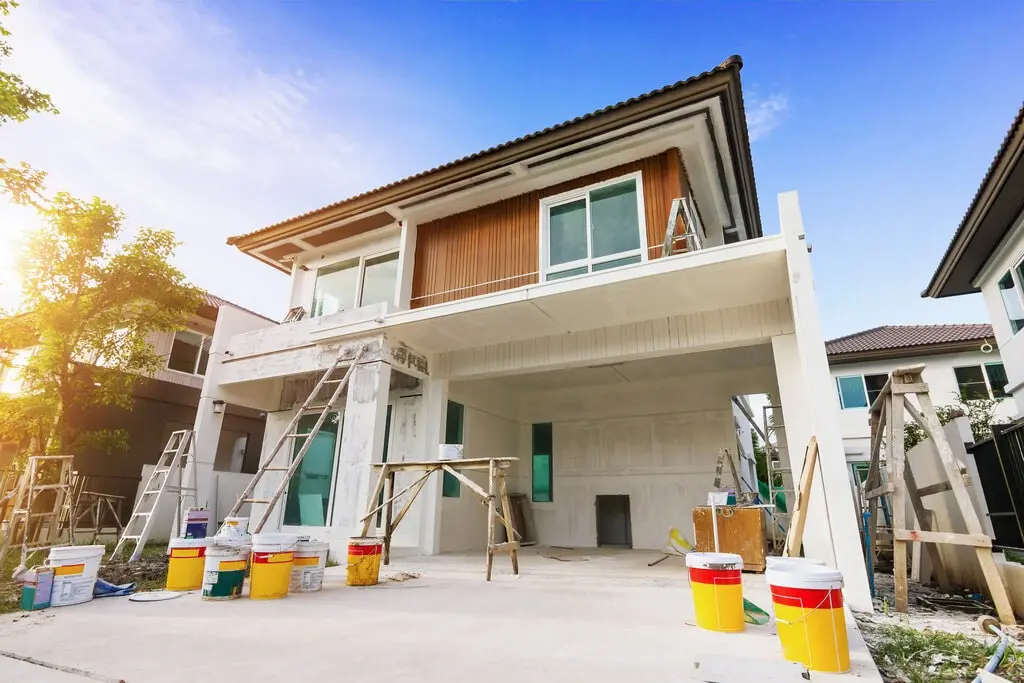Septic systems are a necessary part of life for many homeowners and business owners throughout the country. If you are a first-time homeowner, or even if you have been living in your home for years, it is important to be aware of the basics of septic system care and maintenance. By simply following a few simple steps, you can avoid costly septic repairs and keep your septic system running smoothly.
How Does A Septic System Work?
Your septic system is made up of 2 main parts: the tank and the leach field, which is also sometimes known as the septic drain field. The tank is where all of the waste from your home collects. The leach field is a series of trenches or pipes that help remove any remaining contaminants and allow the treated water to slowly seep back into the ground.
There are 3 different types of septic systems: gravity, aerobic, and pump. Gravity systems rely on gravity to move the waste through the system, while aerobic systems use air to treat the waste before it enters the leach field. Pump systems are used when gravity will not work, such as when the leach field is located uphill from the tank.
The septic tank is typically made of concrete, fiberglass, or plastic, and it is buried underground. The size of the tank will vary depending on the number of bedrooms in your home. A one-bedroom home will usually have a 1,000-gallon tank, while a four-bedroom home will have a 4,000-gallon tank.
Inside the tank, there are 3 different chambers: the primary chamber, the secondary chamber, and the tertiary chamber. The primary chamber is where all of the waste first enters the tank. The waste then moves to the secondary chamber, where it is treated with bacteria. Finally, the tertiary chamber is where the water is disinfected before it enters the leach field.

Septic System Basics: A Checklist for First Time Owners
Now that you understand how your septic system works, here are some simple tips to keep it functioning properly:
- Have Your Septic Tank Pumped Regularly
Depending on the size of your tank and the number of people in your household, you should have it pumped by a professional septic company every 2 to 5 years. However, if you have a garbage disposal, you may need to have it pumped more frequently.
- Have Your Septic System Inspected Regularly
In addition to septic tank pumping, you should also have your septic system inspected regularly. Most experts recommend having an inspection once a year. During an inspection, a septic professional will check for any leaks or other problems with your system. If there are any issues, they can be fixed before they become major problems.
- Watch the Sludge Level
Another important part of septic maintenance is keeping an eye on the level of sludge in your tank. Sludge is the solid waste that accumulates at the bottom of your septic tank. If the level of sludge gets too high, it can cause your system to fail. To prevent this, you should have your tank pumped when the level of sludge reaches about one-third of the total volume of your tank.
- Keep an Eye on What Goes Down Your Drains
One of the most important things you can do to maintain your septic system is to be careful about what goes down your drains. Septic systems are designed to handle human waste and toilet paper, but nothing else. Avoid putting grease, oil, coffee grounds, or other food waste down your drains. These items can clog your septic system and lead to costly repairs.
In addition, you should avoid putting any chemicals down your drain. This includes things like paint thinners, solvents, or other harsh chemicals. These chemicals can damage the bacteria in your septic system that help to break down waste.
- Be Careful What You Plant Near Your Septic System
Root vegetables, such as potatoes and carrots, and other plants with shallow roots, are fine to plant near your septic system. However, you should avoid planting trees or shrubs near your septic tank or leach field. The roots of these plants can grow into your septic system and cause serious damage.
- Do Not Park or Drive on the Drainfield
Drainfields are often tempting spots for parking since they are typically large and flat. However, parking or driving on the drain field can compact the soil and make it ineffective at processing the effluent. Drainfield failure – or even complete system failure – can result.

- Be Conservative With Water Usage
The more water that gets flushed into the septic system, the more work it has to do in filtering and processing it. When possible, conserve water by limiting showers, installing low-flow faucets and toilets, and only doing laundry or running the dishwasher when needed. It is also a good idea to spread laundry across the week rather than doing it all in one day.
- Find a Professional Septic Contractor In Advance
Septic issues can come up without warning and be not only unpleasant but also dangerous. It is a good idea to know in advance who you would call if there was a septic emergency. Asking friends and neighbors for recommendations is a great way to start, but be sure to do research to verify if they are qualified, licensed, and insured.
If you have a septic system, it is important to be aware of the basics of septic maintenance. By following these simple tips, you can avoid costly repairs and keep your septic system running smoothly.
Septic & Drainfield Depot In & Near Lakeland, FL
Need a septic company in and near Lakeland? Septic and Drainfield offers a full range of septic services for homes and businesses throughout central Florida, including septic pumping and cleaning, drainfield installation, and lift station maintenance.
Our experienced team strives to solve your problem right the first time, and we are committed to the satisfaction of all our customers.
Contact Septic & Drainfield Depot in and near Lakeland for free septic estimate today.







